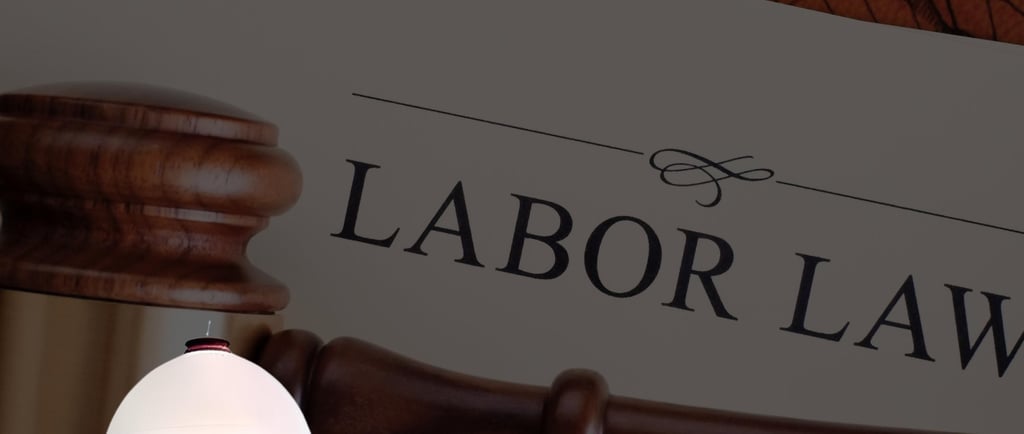Writ Courts Shouldn't Interfere with Labour Court's Facts Without Clear Justification: Supreme Court
Supreme Court emphasized that Writ Courts should not interfere with the factual findings of Labour Courts without strong reasons. It ordered the reinstatement of an employee who was terminated due to disputes linked to his estranged marriage.
11/19/20241 min read


Ganapati Bhikarao Naik vs. Nuclear Power Corporation of India Limited
The Supreme Court, in a judgment authored by Justice Hrishikesh Roy and Justice S.V.N. Bhatti, held that a Writ Court should not interfere with the factual findings of a Labour Court without strong justification. The Court ordered the reinstatement of an employee who was terminated due to disputes related to his estranged marriage.
The appellant, Ganapati Bhikarao Naik, was appointed as a 'Helper' under a rehabilitation scheme after his father-in-law's land was acquired for the Kaiga Atomic Power Project in 1990. However, when his marriage with Smt. Ganga (the daughter of the land-loser) became strained around 1997, his father-in-law claimed he was no longer married to his daughter and sought his termination. The marriage was later dissolved by a consent decree in 2001.
Following a departmental inquiry, the appellant was terminated on April 19, 2002. His appeals to the departmental and revisional authorities were dismissed, leading him to seek relief under the Industrial Disputes Act, 1947.
The Labour Court ruled in favor of the appellant, finding that he was legitimately employed under the rehabilitation scheme as a family member of the land-loser. However, the High Court reversed this decision, concluding that the appellant had misrepresented his relationship to secure the job.
The Supreme Court set aside the High Court's ruling, observing that the Labour Court had carefully examined the evidence and its findings should not have been disturbed without compelling reasons. The Court directed the appellant's reinstatement with service benefits but denied back wages for the period between December 16, 2020, and reinstatement.
The Court ordered that the appellant be reinstated within four weeks, with the gap period counted for other service benefits.
